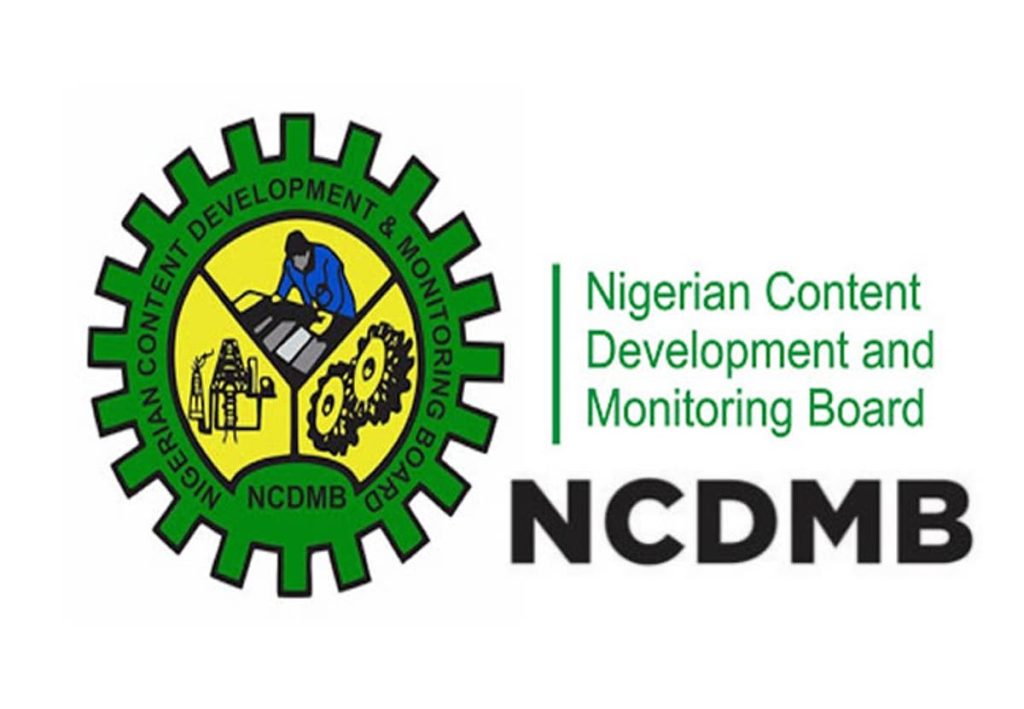Obinna Ezeobi’s book, “Nigeria’s Local Content: A Journey of Strategic Communication and Economic Transformation,” provides a comprehensive exploration of the Nigerian Oil and Gas Industry Content Development Act’s 15-year journey. This legislation, aimed at boosting indigenous participation in the energy sector, has significantly impacted Nigeria’s economic landscape. Ezeobi, the Media and Publicity Manager at the Nigerian Content Development and Monitoring Board (NCDMB), offers a unique insider’s perspective on the policy’s evolution, highlighting the critical roles of communication, stakeholder engagement, and collaborative partnerships in its success.
The book meticulously details how strategic communication initiatives transformed the local content policy from a sectoral concern into a national agenda. Ezeobi emphasizes the skillful management of diverse stakeholders, including government agencies, international oil companies, and local communities, as pivotal to the policy’s widespread acceptance and implementation. He further underscores the importance of effective collaboration among key players in the oil and gas sector, illustrating how their combined efforts propelled the policy forward and established it as a model for other African countries.
Ezeobi’s narrative goes beyond simply recounting the chronological development of the local content policy. He delves into the complexities of the Nigerian oil and gas industry, exploring its historical trajectory and the contextual factors that necessitated the implementation of the local content act. He examines the industry’s evolution, outlining the challenges and opportunities faced by Nigerian companies in a sector dominated by international players. This historical backdrop provides a deeper understanding of the transformative impact of the local content policy.
The book’s structure reflects its comprehensive approach. Divided into five parts, each section focuses on a specific theme related to local content development. Topics covered include the genesis of the oil and gas industry in Nigeria, the emergence and evolution of the local content concept, the strategic communication and stakeholder management strategies employed by the NCDMB, and the impact of contemporary issues such as oil company divestments and presidential directives on the policy’s implementation. This thematic organization allows readers to navigate the complex landscape of local content development with clarity.
Ezeobi’s work emphasizes the significance of communication and stakeholder engagement in driving policy success. He argues that the Nigerian Content Act’s transformative impact stems not only from its legal framework but also from the effective communication strategies employed by the NCDMB and its partners. By highlighting successful communication campaigns and stakeholder engagement initiatives, the book offers valuable lessons for policymakers and practitioners in other sectors seeking to implement similar transformative policies.
“Nigeria’s Local Content” has received endorsement from prominent figures in the Nigerian and African energy sector, including the pioneer Executive Secretary of NCDMB, the Secretary-General of the African Petroleum Producers Organisation, and the Chairman of Oildata Group. These endorsements underscore the book’s relevance and its contribution to the understanding of local content development. Ezeobi’s meticulous research, combined with his firsthand experience, provides invaluable insights into the policy’s impact and the strategic communication initiatives that propelled its success. He offers a compelling narrative that not only documents the journey of Nigeria’s local content policy but also serves as a roadmap for other countries seeking to develop their own local content frameworks.


